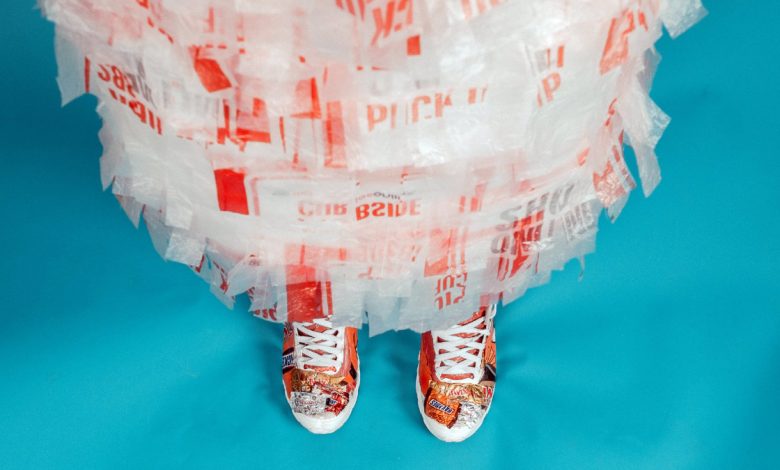Fashion is playing fast and loose with the planet

Editorial
Dedicated followers of fast fashion need an eco-epiphany to end the devastation wrought on the planet by clothing
Fashion has become a high-profile political issue in the last two years, as concern for its impact on the planet saw ever-louder demands that the clothing industry clean up its act. In 2019 Extinction Rebellion held-up London Fashion Week, while the House of Commons produced a damning report on the fashion industry’s environmental and social ills.
Fast fashion means just that – fast It’s produced at break-neck speed, for rapid consumption, is dumped equally quickly and the train hurtles on to the next trending ‘must-have’. This throw-away culture plays fast and loose with ethics and sustainability, with the sheer volume, speed and impact of the entire chain from seed to disposal wreaking havoc on the health of humans, animals and earth alike.
It’s a mass consumer and producer – guzzling resources and spewing out toxic chemicals, waste and carbon. The textiles industry emits more greenhouse gases a year than all international flights and shipping combined, with an annual carbon footprint of 3.3 billion tonnes – around 1.2 billion tonnes from fast fashion alone. In the UK we buy more clothes than any country in Europe – two tonnes every minute.
Producing vast quantities of new designs takes its toll not only on the quality of garments, which generally have a short lifespan and are made with non-recyclable materials.
Exploited textile workers, communities and ecosystems often pay the high price of ‘cheap’ clothing, with toxic chemicals and waste ending up in rivers and lungs and precious resources plundered and polluted. Fabric production is the cause of 20 per cent of all industrial water pollution and annually consumes some 93 billion cubic metres of water, enough to meet the needs of five million people.
The textile waste mountain is equally staggering – 92 million tonnes a year. One lorry load every second is burned or buried in landfill. And the problem is growing – the average consumer buys 60 per cent more clothing than 15 years ago, while the number of times a garment is worn has decreased 36 per cent.
If fast fashion’s pile ‘em high, sell ‘em cheap then dump ‘em ethos is unsustainable, the antidote is less is more, quality over quantity – and consumers are key to slowing the train.
Shopping sustainably and ethically can be a minefield
Consumers don’t have to wear sackcloth to make a difference to the planet we live in – the key is to find out what clothes are made of, where they’re made and by whom. It is also worth buying less but seeking out better quality items, in order to keep them for much longer.
Extending a garment’s life by nine months can reduce its carbon, water and waste impacts by up to 30 per cent and buying second-hand supports a circular model of regenerating materials and resources.









